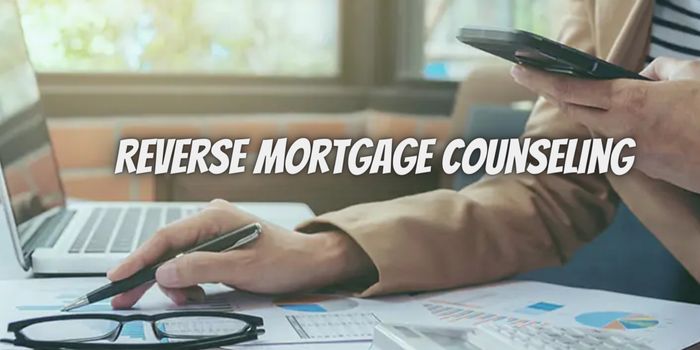More and more homeowners are turning to reverse mortgages to access home equity and increase retirement income. Research shows that the number of applicants for reverse mortgages has unexpectedly surged in the past two years.
For that reason, it’s important to comprehend the complexity of reverse mortgages so you can make an informed decision. You can start by talking to a reverse mortgage advisor to help you figure out how to apply for a reverse mortgage loan. Then, you need to consider reverse mortgage counseling, as it can help homeowners who are interested in getting a home equity conversion mortgage (HECM) understand the financial responsibilities and any potential risks involved in the process.
If you’re a property owner, keep reading to learn about reverse mortgage counseling, what to expect during a counseling session, and the strong arguments for why getting this advice is crucial to your financial security.
What is Reverse Mortgage Counseling?
Potential borrowers need to make informed decisions, and for that reason, reverse mortgage counseling aims to educate them on the subtleties of these loans.
Reverse mortgage counseling is often provided by independent counseling agencies that have been approved by the US Department of Housing and Urban Development (HUD). Its primary objective is to inform clients of the responsibilities, dangers, and benefits associated with this financial product.
What to Expect During Reverse Mortgage Counseling?
Before attending a counseling session, you will need to obtain the necessary financial papers, such as mortgage statements, tax records, and Social Security benefit statements. This way, the counselor will be able to evaluate your financial status. The counseling session, which is often conducted over the phone or in person, will cover several significant issues.
The counselor will first go over the basics of reverse mortgages, including qualifying criteria, loan types, and disbursement choices. They will describe the calculation used to determine the loan amount, which takes into account the age of the borrower, the value of the house, and the current interest rates.
After that, they will assess your present financial status and take your income, expenses, and any unpaid loans or mortgages into consideration. This evaluation will assist in determining whether a reverse mortgage is a good fit for your requirements and whether you have any other options that are worth considering.
One of the primary elements of reverse mortgage counseling is assessing potential risks and advantages. The counselor will go over how a reverse mortgage can affect your home equity, inheritance, and eligibility for government aid programs. They will also describe the consequences of not meeting the loan requirements, such as skipped insurance and property tax payments.
You can also express any worries you have and ask questions throughout the counseling session. The counselor should clarify ambiguous information and ensure that you are aware of all the repercussions of getting a reverse mortgage.
Importance of Reverse Mortgage Counseling
Reverse mortgage counseling is crucial for a variety of reasons. Initially, it guards you against fraud and predatory loans. Vulnerable homeowners looking for reverse mortgages can fall victim to unscrupulous individuals. You can identify red flags and make wise financial decisions with counseling’s assistance.
Additionally, reverse mortgage counseling can help you determine whether a reverse mortgage suits your financial requirements. With this knowledge, you can make the greatest decision for your objectives.
Government compliance is also necessary for reverse mortgage counseling. As HUD mandates pre-reverse mortgage counseling, this demonstrates your dedication to abiding by the law and safeguards you from legal troubles.
Counseling also clarifies requirements related to reverse mortgages. Your responsibilities for property taxes, insurance, and home upkeep will be explained in the terms and conditions, so you can budget more effectively as a result. In addition, reverse mortgage counseling will help you understand any potential risks involved with this type of loan.
Finding a Reputable Reverse Mortgage Counselor
If you want to ensure that you receive outstanding reverse mortgage counseling, it is essential to find a dependable counselor. Find HUD-approved, accredited counseling services that are compliant with certain regulations, making them qualified to provide reliable advice.
Before hiring a counselor, check their credentials and certifications. Keep in mind that the National Foundation for Credit Counseling (NFCC) and the Financial Counseling Association of America (FCAA) offer HUD-approved counselors with the requisite certifications.
In addition, reading client reviews and testimonials might help you discover more about the experiences of individuals who have sought counseling from a certain business or counselor. Look for reviews that highlight their knowledge, politeness, and ability to please customers.
By conducting thorough research and choosing a trustworthy counselor, you can make sure that you receive correct information during the reverse mortgage counseling process.
Final Thoughts
Counseling is one of the most important elements in the reverse mortgage application process. If you’re considering obtaining a reverse mortgage, don’t underestimate the value of counseling. Make use of the tools at your disposal and seek assistance from seasoned experts. This will enable you to confidently manage the complexities of reverse mortgages and select solutions that most closely match your requirements and goals.
